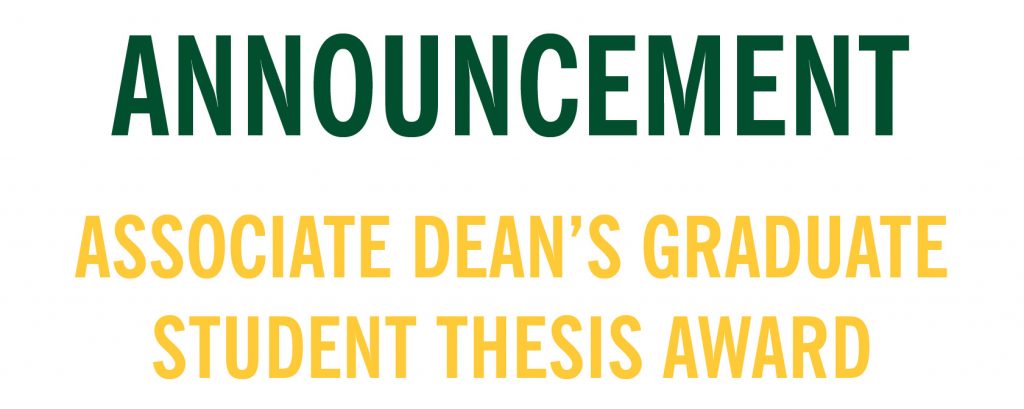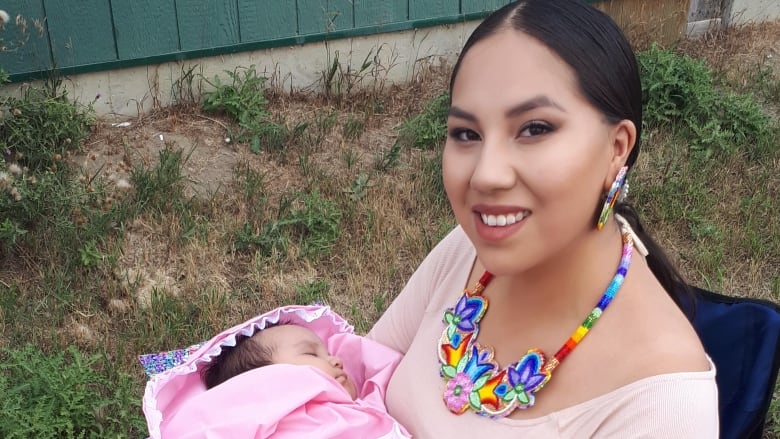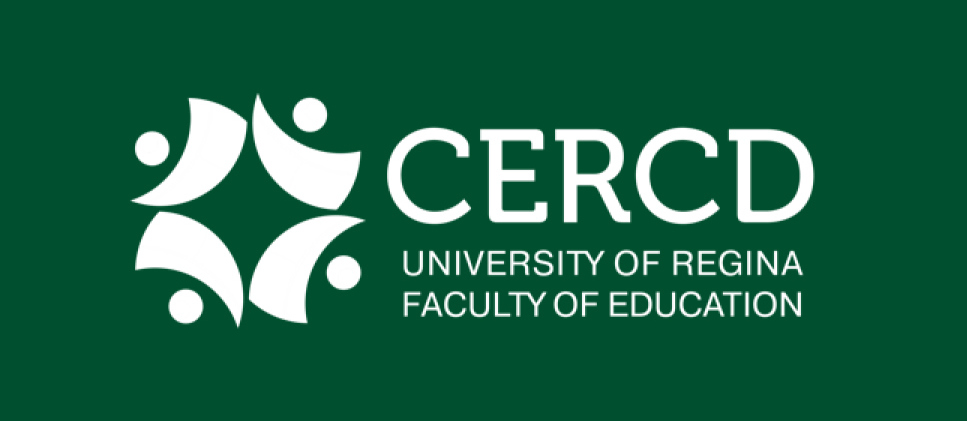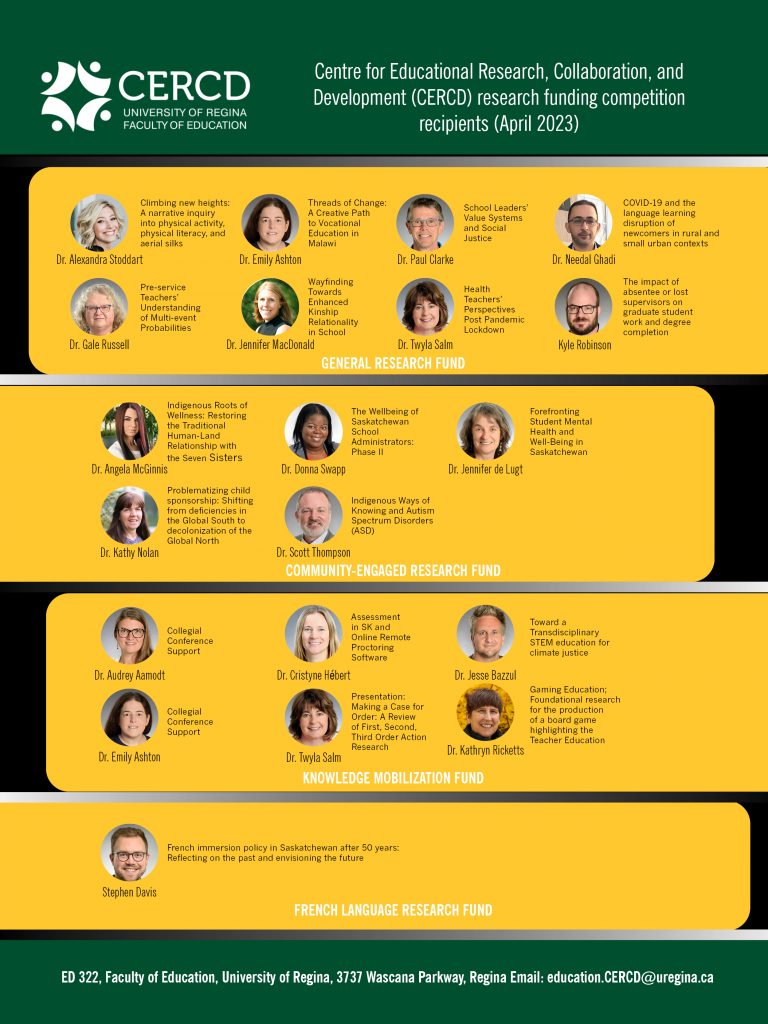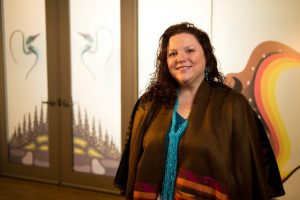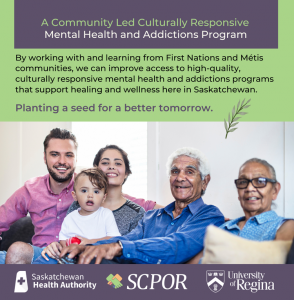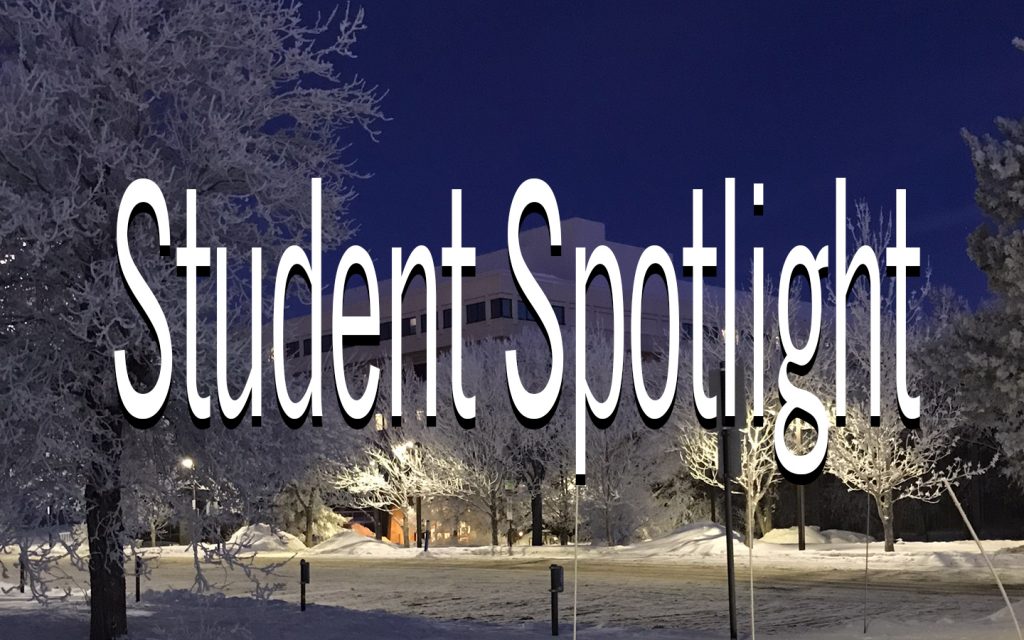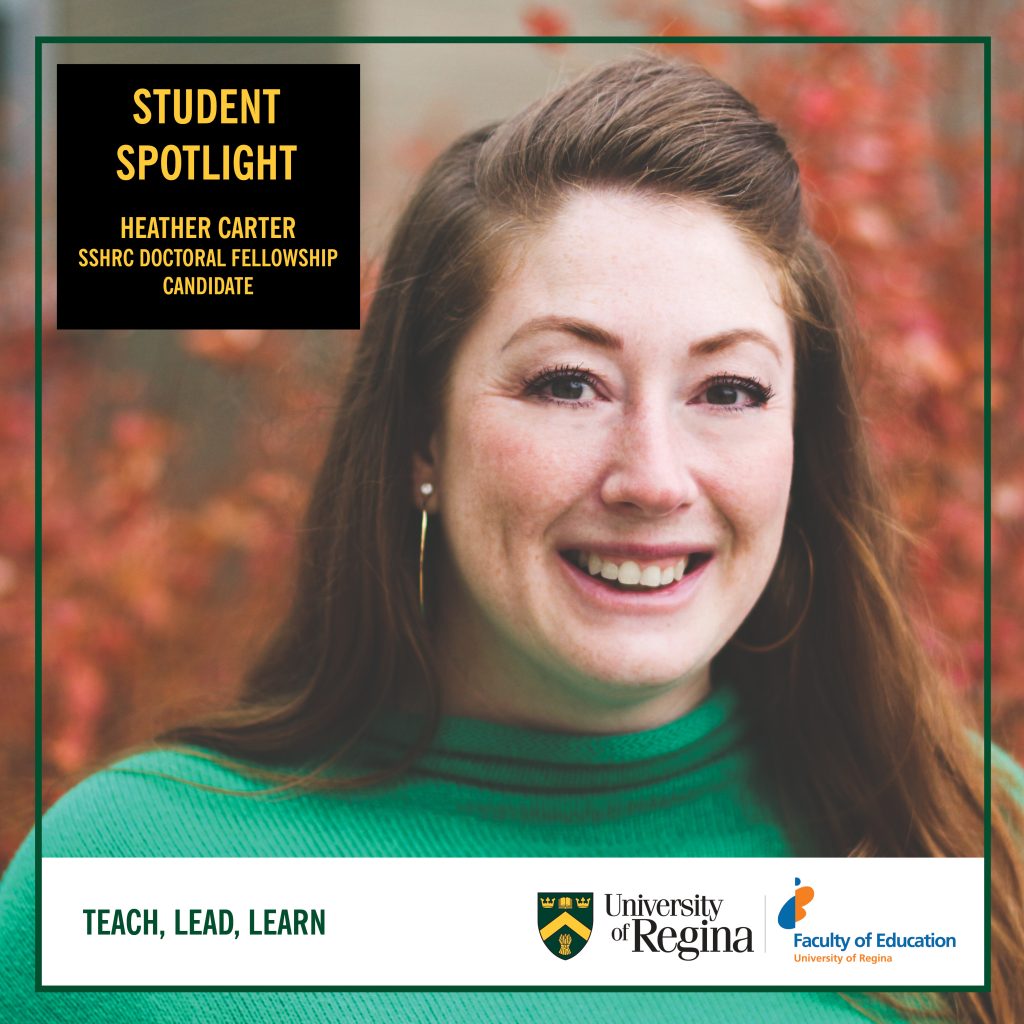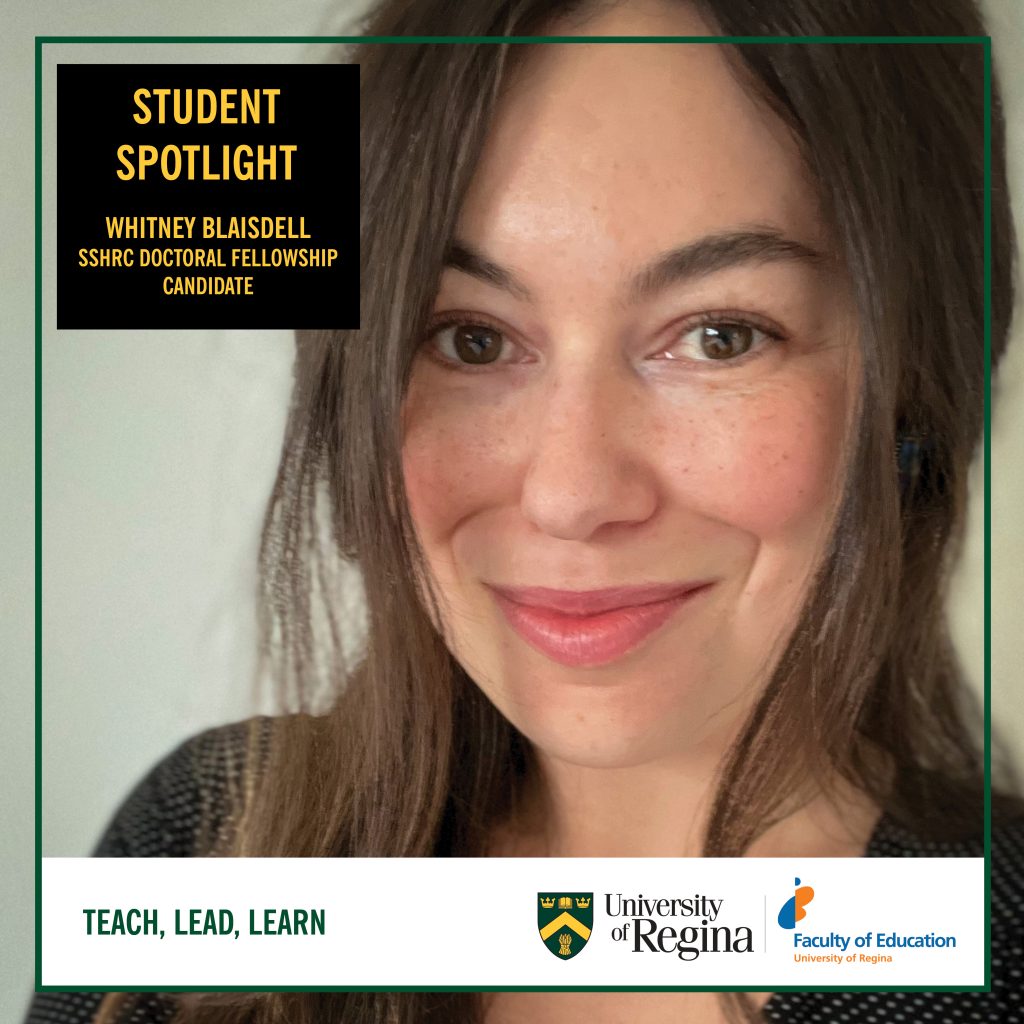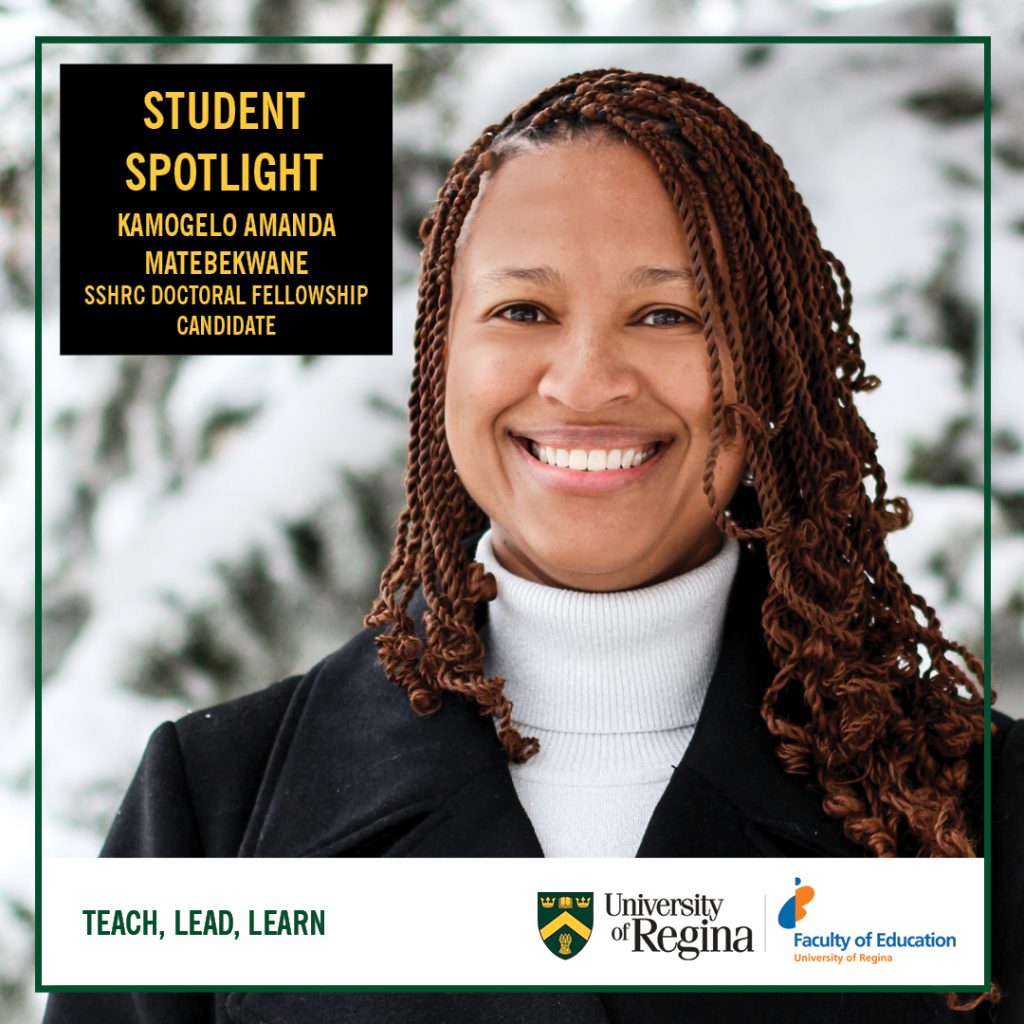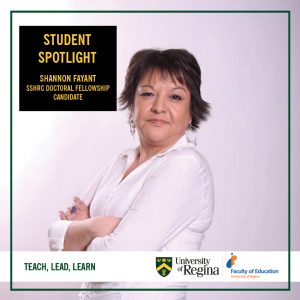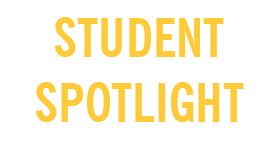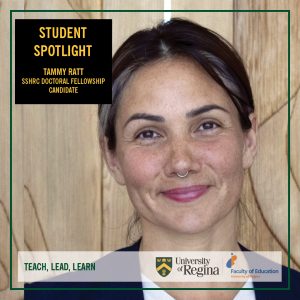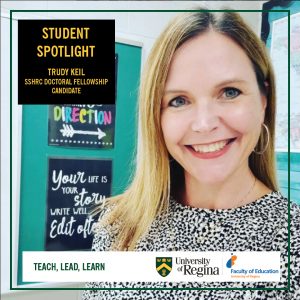Saskatchewan is experiencing a healthcare crisis, but this is not new for geographically isolated First Nations communities with limited access to healthcare services. In these communities, patients are evacuated to urban centres for treatment, traveling long distances, sometimes in inclement weather, to access primary and acute care services and diagnostics. Leaving their communities, they navigate the urban healthcare system, which is already running over capacity, while experiencing poor health, often compounded by language barriers. And, in Canada, Indigenous girls and women are disproportionately impacted by Indigenous-specific racism in the healthcare system. With these conditions in place, First Nation people living in these communities often delay healthcare until necessary. Indigenous people living in urban centres experience barriers to accessing healthcare, such as transportation issues (aggravated by the pandemic). Additionally, Indigenous people may experience distress due to institutionalized historical trauma and racism in the healthcare system. These factors contribute to the disproportionate poor health and well-being of Indigenous people in Saskatchewan.
Associate Professor Dr. JoLee Sasakamoose, an Anishnaabe (Ojibwe)/Quaker from Michigan and Ontario with membership in M’Chigeeng First Nation and active citizenship in Ahtahkakoop Cree Nation in Saskatchewan, and alumna Dr. Mamata Pandey (MA, PhD‘13), a research scientist for the Saskatchewan Health Authority with worldwide knowledge of healthcare services (and former postdoctoral fellow with JoLee), have worked together for over a decade to remove barriers and improve the health of Indigenous peoples in Saskatchewan. With the Cultural Responsiveness Framework created by Saskatchewan’s 74 First Nations communities, developed into a theory by JoLee, they use trauma-informed, strengths-based approaches to restore First Nations health and wellness systems. The researchers work with patient partners and healthcare providers, building relationships with First Nations and Métis communities to increase access to healthcare and provide culturally responsive interventions.
The Pandemic and a Shift in Focus to Maternal Care
Mamata and JoLee’s findings from an evaluation of the Indigenous Birth Support Worker (IBSW) Program, offered by the Jim Pattison Children’s Hospital Maternal Care Centre in Saskatoon, heightened their concerns about the experiences of Indigenous mothers in the healthcare system, causing a shift in their focus to maternal care. Their evaluation revealed that while the IBSWs were considered helpful, there is still need for better access to pre-and postnatal care and screening, better pain management, and more culturally safe and positive hospital experiences, including access to traditional teachings and spiritual care.
JoLee says, “It was hurtful to read how many birthing women were afraid to ask for pain management because they might be perceived as drug-seeking. If they did ask, they were perceived as drug-seeking. Often their pain was not being managed adequately especially when they were in fragile state of health.”
The need for access to the protective and healing nature of traditional teachings, spiritual care, and the support of an Elder during birth is reaffirmed by JoLee’s own birthing experience. Medicine man Eric Tootoosis and his wife Diane guided JoLee and her late husband from Poundmaker First Nation about restoring the birthing ceremony. JoLee recalls the importance of the teachings she received about maintaining a positive physical, emotional, mental, and spiritual environment because that had a direct impact on the growing baby. As a result, she gave up a research project to collect the stories of residential school survivors to protect her baby’s gestational environment and she was instructed to “walk away” if an argument developed between her and her late husband.
Still, there were gaps in her knowledge. During the pandemic, when cultural teachings were made accessible online, JoLee participated in a workshop on Ojibwe practices and teachings offered by a doula near her home community. JoLee says, “One of the teachings was about closing the birth ceremony. I hadn’t closed my birth ceremony. The doula told me how to close the ceremony and reminded me how forgiving our culture is, and it hit me as a deeply personal ceremony. Then, I thought, if that can happen 8 years after my son’s birth, why can’t we bring this to our community and support our women? That’s how organic it was. We wrote a grant proposal from there, and that’s how it all began.”
The researchers were awarded a grant from Jim Pattison Children’s Hospital Research Foundation. Their study focused on improving health outcomes by supporting mothers from pre-delivery to birth to post-delivery. But the shift towards increased social and physical isolation during the pandemic, prompted a decision to prioritize the well-being of mothers over data collection. JoLee explains, “Mamata and I took a massive step back away from the Mama Pod (maternal peer support group) to give them space, so they did not feel like they were being researched; the data wasn’t the most important part, providing support was.” Mamata adds, “Doing research for the sake of research is useless, and we might even hurt people.” The researchers stand by their decision despite being called on to defend it in their respective Western institutions. “This is a pilot study for us to learn what needs to scale up and be locally developed, which informs our subsequent study,” says, JoLee says. “We learned that it wasn’t a good fit for a program that comes from the heart to be in a Western institution even though it was held in the Lodge. We have too many bureaucracies in both institutions that prohibit us from being culturally responsive. That’s just the reality.”
Further, with traditional Indigenous birthing being a hot topic of interest, the research team stayed quiet about their grant. They didn’t want media attention which might disrupt the vital work. “It was like a gestation period, and we’ve been cautious with the program to ensure they have space and privacy,” says JoLee.
The Mama Pod
The Mama Pod was formed to “train Indigenous peers to advocate [for] and assist Indigenous mothers through pregnancy, labour, and delivery to postpartum stages” while providing a culturally responsive safe space to support the mothers. The mama peer supporters incorporated and modeled traditional Indigenous birth practices and worked to gain the trust of new mothers, sharing their own stories and creating space for the mothers to tell their stories and experiences with the healthcare system. The stories informed the researchers about the maternal needs of Indigenous mothers and helped them to facilitate the timely provision of and access to maternal care services. The researchers were looking to identify what kind of training the peer supporters needed. The team also created mother care bundles that provide resources for support services, and essential mother and baby items along with traditional medicines.
The Mamas
The researchers were gifted with three mama peer support workers: Jolene Taylor, a doula and full spectrum birth worker from Okanese First Nation; Brianna LaPlante, an Indigenous expressive artist from Fishing Lake First Nation who was also pregnant and an inspiration behind this study, and Kristen Tootoosis, a registered psychologist from Standing Buffalo Dakota Nation, and a graduate of our Educational Psychology master’s program.
JoLee says, “We had this trifecta of First Nation mothers with significant traditional background and experience.”
To find new and expecting mothers looking for support, Brianna and Jolene met with community organizations that serve Indigenous girls and women, such as the Rainbow Youth Centre. Several mothers decided to be part of the program, even though the pandemic presented further barriers and challenges. The support group met regularly in the Nanatawihowikamik Healing Lodge and Wellness Clinic in the Faculty of Education at the University of Regina.
“A Beautiful Journey”
Over time, the mama peer supporters built trust, and the participants opened up and talked about their challenges and anxieties, though the journey was difficult. Jolene says, “We were doing the groundwork with the mothers, hearing their experiences, and facilitating the groups. Much of it was storytelling, and holding space for the moms cause they needed that space to be heard. It was really difficult to let them know that their story was safe with us, and many held back things when we went more in-depth, [for example, asking] how their personal experience was in the hospital and how they were treated outside the hospital.” Many new mothers had normalized the mistreatment they had experienced, so part of the work was building awareness. As well, many new moms from an urban setting also lacked a connection to the community and were “in survival mode,” says Jolene, “That’s why the work was so beautiful: We made a community for them. We did gain their trust in the end, and for the new moms that stuck with us for the last year and a half, it’s been a beautiful journey,” says Jolene.
Mamata adds, “I think an exciting and very wonderful thing happened due to the interactions between the team facilitating those groups and the mothers seeking support. The facilitators were able to see the scope and impact of their work in real life and that motivated them to then take advanced education while some of the mothers themselves wanted to become doulas to support others. I think it was very inspirational. It was a beautiful thing that emerged.”
This result motivated the researchers to look into various training for the peer supporters, finding opportunities for women to move ahead or take on a support role if they wish to. Thus, in the fall of 2022, Jolene was sent for Indigenous Lactation Consultant Training in Billings, Montana.
Mama Jolene Taylor’s Story
Jolene is a 25-year-old mother of five children, two of whom she gave birth to. When her daughter was born in 2017, Jolene dramatically switched her career plans, even though she was only one class away from achieving her Indigenous Communication Arts diploma from the First Nations University of Canada.
Jolene says, “My outlook on life changed for the better. I had this passion within me after my daughter’s birth. I wanted to be a support person with moms and become a midwife eventually; that’s my long-term goal.” Coming from a long line of midwives, Jolene refers to her career shift as “activating blood memory.” She explains, “I was taught that as Indigenous people, our ancestral blood memory is in our veins. … The DNA of our ancestors courses through our veins. Everything is passed on to us through the blood, and that is what it means to be a Nehiyaw person, to be a Cree person: We are born with the knowledge, the culture, and the languages, and it’s up to the parents to take on the responsibility of child-rearing, to reactivate the blood memory. Everything starts at conception. Everything. If you want to immerse your children in language, then be around people who speak the language, and go out and learn your language, a lot of that blood memory could be reactivated just by sitting in sacred spaces. I come from a matriarchal line of Indigenous midwives on my mom’s side.”
Jolene tells her mom’s oral traditions of growing up while settlers were coming to the West: “They were bringing their pregnant wives, and my great, great grandmother helped these families birth at home. They were creating their homesteads, yes; they were settling in the West, and yes, it was a scary time. But my kunshi helped these babies be born in a healthy way, even though there was a language barrier in the early 1900s. My kunshi shared her medicines and teachings with these settlers, and those are the gifts, and that’s what empowers me to carry on with this work to revitalize those things ’cause our medicines saved the non-Indigenous people; they wouldn’t have survived if it wasn’t for living amongst us. It’s that blood memory that I love to reactivate by being in these trainings by being in Indigenous spaces that I feel safe in.”
Cultural Revitalization in Birthing Practices
Jolene is revitalizing culture one birth at a time. She says, “That’s exactly what my role is as a doula, as a birth worker, as an auntie, to support first-time moms: It’s the revitalization and restoration of culture and teachings and protocols that come with being a First Nation woman. A lot of these ceremonies are very unique to each tribe. We are not all the same. We can’t just pan-Indigenize teachings and [call them] Indigenous protocols. We have five First Nations in Saskatchewan: the Cree, Dakota, Nakota, Lakota, the Saulteaux people, and the Métis people have their own teachings and protocols that they established over the years, too.”
Jolene was raised with, and is practicing, Cree/Nehiyaw culture and protocols around birth. “I always say, ‘I’m a privileged Indigenous woman’ because I can access cultural traditions and protocols. I realize that many people my age don’t have that. A lot of my work is just to revitalize and restore practices.”
Placenta Burial is One Such Practice. Both JoLee and Jolene buried the placentas of their babies. Jolene, however, did not know that taking the placenta home from the hospital was even an option for her first birth. It was upsetting for her when she first learned, through the non-Indigenous doula training she took, what happens to the placenta in the hospital:
“I asked the question, if you don’t take your placenta home, what do they do with it? They explained, ‘It gets incinerated, it’s another organ that gets incinerated.’ That made me burst into tears. I was the only Indigenous woman in this training, and I started to cry and I said, that was a part of me that I built, that was what kept my baby safe, and to find out that all they did was burn it. I knew that my blood memory triggered that reaction.” So, Jolene investigated the matter back at home, asking questions about what they used to do when women were giving birth in tipis.
“The question activated the blood memory of my kôkom,” says Jolene, “and she remembered the births that happened on the reserve and what they did. Just from asking one question, I was able to have a lot of knowledge shared with me, of how it was done back in the day. That was one thing that opened my eyes to [the benefit] of spending time with elders, spending time with people, asking those questions, that’s the revitalization part that I love to be in.”
Restoring Breastfeeding Practices. Breastfeeding is another practice Jolene is passionate about revitalizing. She happily signed on for Lactation Consultant Training when the opportunity arose. Jolene says, “I have such a passion for breastfeeding. I’m a full-spectrum birth worker, so that’s everything from when a girl first gets her moon time, her menstrual period, and menopause. That is the full spectrum. The space I love to be in is birthing, breastfeeding, and postpartum. To normalize breastfeeding has always been a passion.”
Jolene could talk for a long time about the benefits of breastfeeding, and she enjoys sharing her own positive breastfeeding story with other new moms who may need convincing that moms their age can breastfeed. She says, “Many new moms haven’t seen a breastfeeding mom. Their mothers didn’t breastfeed them, and my mom didn’t breastfeed me. It’s been a long-lost tradition because of colonialism, displacement of our families, and especially today with the high apprehension of babies.”
“I loved attending the Indigenous Lactation Consultant Training because I want to normalize breastfeeding. The first milk, the colostrum, it’s the first sacred food for Indigenous moms to give their babies. It’s been the first food of babies since time immemorial. It’s not foreign; it’s a natural thing to do,” says Jolene.
The Helper, not the Conductor. Jolene makes the important distinction that in her work as an Indigenous doula, she views herself differently than the non-Indigenous doulas: “What I was taught in the doula training was to be very hands-on and to be at the forefront, but for me, it is about stepping back and helping to create the space around the parents who are giving birth and to protect them. I’m the oskâpêwis, the ceremony helper; I’m not the conductor,” says Jolene.
Pride in Indigenous Identity
Residential schools have played a significant role in the dissolution of family and cultural ceremonies and traditions. But that isn’t the whole story, as Jolene points out: “Yes, we are born with trauma, but we are born with other beautiful things, and we don’t have to focus on the negative. We are born with culture, born with identity; we have things specific just for us.”
The Indigenous Lactation Consultant Training instilled in Jolene a sense of pride in her identity: “I walked away knowing, being empowered, of being prideful of being Indigenous, of being First Nation, being born First Nation.”
Science Catching Up With Indigenous Knowledge
Indigenous practices around birth are muskiki (Cree medicine) that Western science is only beginning to understand. For example, JoLee tells a story about the wâspison (Cree baby swing) they used for her son when he was born: “My kôkom asked what I would be using for our baby to sleep in. I said, ‘My husband built the wâspison over our bed with two ropes and a blanket.’ That swing sure wouldn’t have passed any SHA safety standards. My kôkom said, ‘O my girl, your baby will never have ear infections; that swing will keep your baby’s inner ear fluid balanced.’ Our medicine and ways of knowing have medicines, natural protective mechanisms, in them in ways that may never be understood.”
For over a year, JoLee has been studying with Gabor Maté, a renowned expert in addictions and trauma, and she has learned, “the science is clear: what occurs in the nervous system during pregnancy imprints the child,” says JoLee. As mentioned, JoLee’s medicine man had instructed her 11 years ago to keep her baby’s environment stress-free.
Maternal Care Key to Positive Health Outcomes For Future Generations
JoLee says, “Although the Harvard Center for the Developing Child has validated the importance of the environment for babies in utero and the role of adverse childhood experiences (ACES) for the past 25 years, it is still not widely recognized or practised in mainstream society. This underscores the need for increased education and awareness regarding the effects of stress on fetal and child development. Our team views maternal care as the key to reversing health outcomes. Supporting moms will have impacts for generations to come.”
Bringing Indigenous Lactation Consultant Training to Saskatchewan
JoLee and Mamata hope other Indigenous moms will be trained as lactation consultants. JoLee says, “We want to bring the training here and put it in the communities or have an Indigenous-specific urban one. Jolene can help inform what we bring here. … Whatever we bring here will be adapted because we’re different here: The urban must look different, and the Métis one must be different.”
Indigenous support, improved access to Western health services, and the revitalization and restoration of cultural birthing practices protect mothers and babies from preventable health conditions and promote wellness. This work is vital to reversing historical trauma and poor health outcomes for future generations. As Jolene said, “everything starts at conception,” so cultural protections, access, and supports must also be put in place before birth.
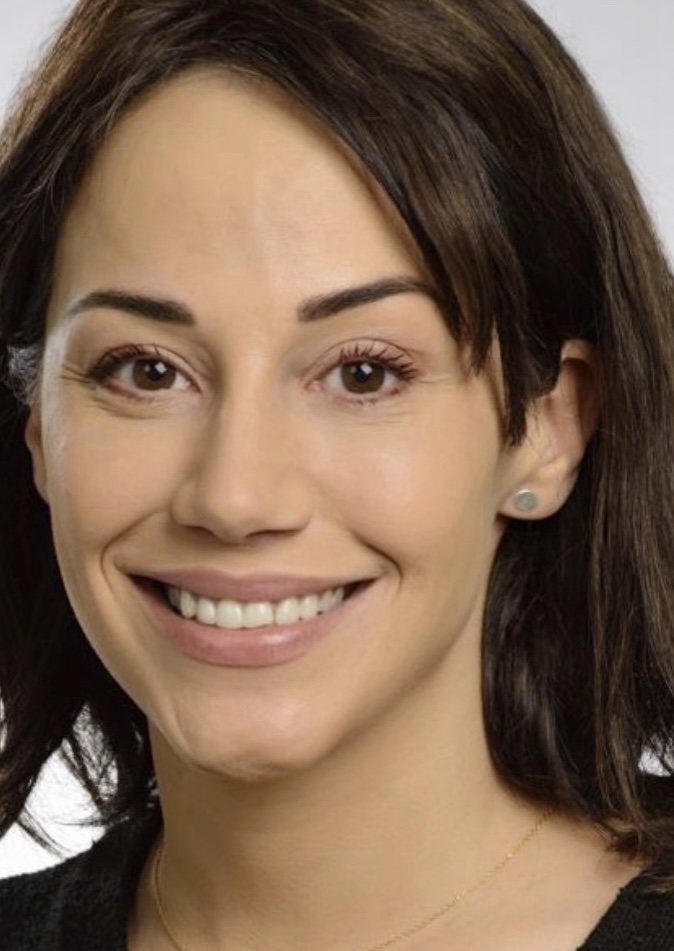 Congratulations to Dr. Jaime Mantesso, one of two recipients of the spring 2023 Faculty of Education Associate Dean’s Graduate Student Thesis Award.
Congratulations to Dr. Jaime Mantesso, one of two recipients of the spring 2023 Faculty of Education Associate Dean’s Graduate Student Thesis Award.